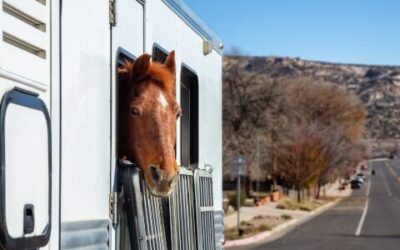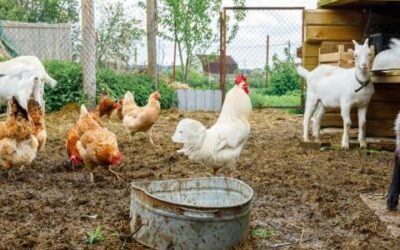
Horses are sturdy on the outside and built to endure hard work and riding, but they can be quite sensitive as well. How you feed your horse or care for them can have a negative impact on their health. Catching some of the most common horse health issues to know before they worsen can save your horse’s life and save you from a broken heart.
Laminitis
When humans are stressed out or eating improperly, symptoms can first start to show in their nails. Likewise, the first signs of a serious case of laminitis may start to show in your horse’s hooves. In extreme cases, your equine friend’s hooves may become permanently damaged as they experience chronic inflammation and discomfort. When afflicted with laminitis, also called founder, a horse’s inflamed soft tissue above their hoof’s coffin bone begins to add pressure and create severe pain.
You may suspect your horse has laminitis if they take hesitant steps, seem to experience pain while walking, or if you notice rings on their hoof walls. Hoof rings can tell you that they’ve suffered laminitis in the past, and it’s important to be on the lookout for this when looking for a new horse to welcome into your life.
Luckily, there are plenty of treatment options for horse laminitis, though you should know that once your horse gets it once, it is more likely that they will get it again. Laminitis weakens and rotates the horse’s coffin bone, so even with proper treatment from a vet, you’ll need to keep a close eye on your horse to make sure the condition doesn’t get worse.
Colic
There are several kinds of equine colic that you need to look out for when you own a horse, including gas, impaction, and twisted (torsion) colic. Gas colic is the least risky of the three, as your horse’s body will usually self-correct the issue, but it can still have serious effects on your horse’s health. Low roughage levels and diet changes can lead to gas buildup and discomfort.
Impaction colic is the buildup of food material, dirt, or sand in the large colon. This form of colic may need medical treatment, or in more serious cases, surgery. The most serious colic is twisted or displacement colic. This occurs when part of the digestive tract is displaced and can result in permanent digestive health damage that may be fatal. Twisted colic will require immediate surgery.
If you notice your horse trying to roll and believe that it’s due to colic, rather than an expression of their regular playful nature, walk your horse while you wait for vet assistance.
Dental Problems
Though you’re never supposed to look a gift horse in the mouth, your horse’s mouth is indeed another place to look for common horse health issues. Dental problems can often lead to digestive issues, including colic or choke if they are unable to chew their food. If your horse experiences weight loss or drools while eating, it may be due to points on their molars. Horse teeth should floated yearly. Older horses will wear down their teeth faster and may require a softer and smaller foodstuffs to prevent pain while chewing. Our all-natural chopped timothy hay feed is a safe, smart, and most of all, tasty option for older equines.




